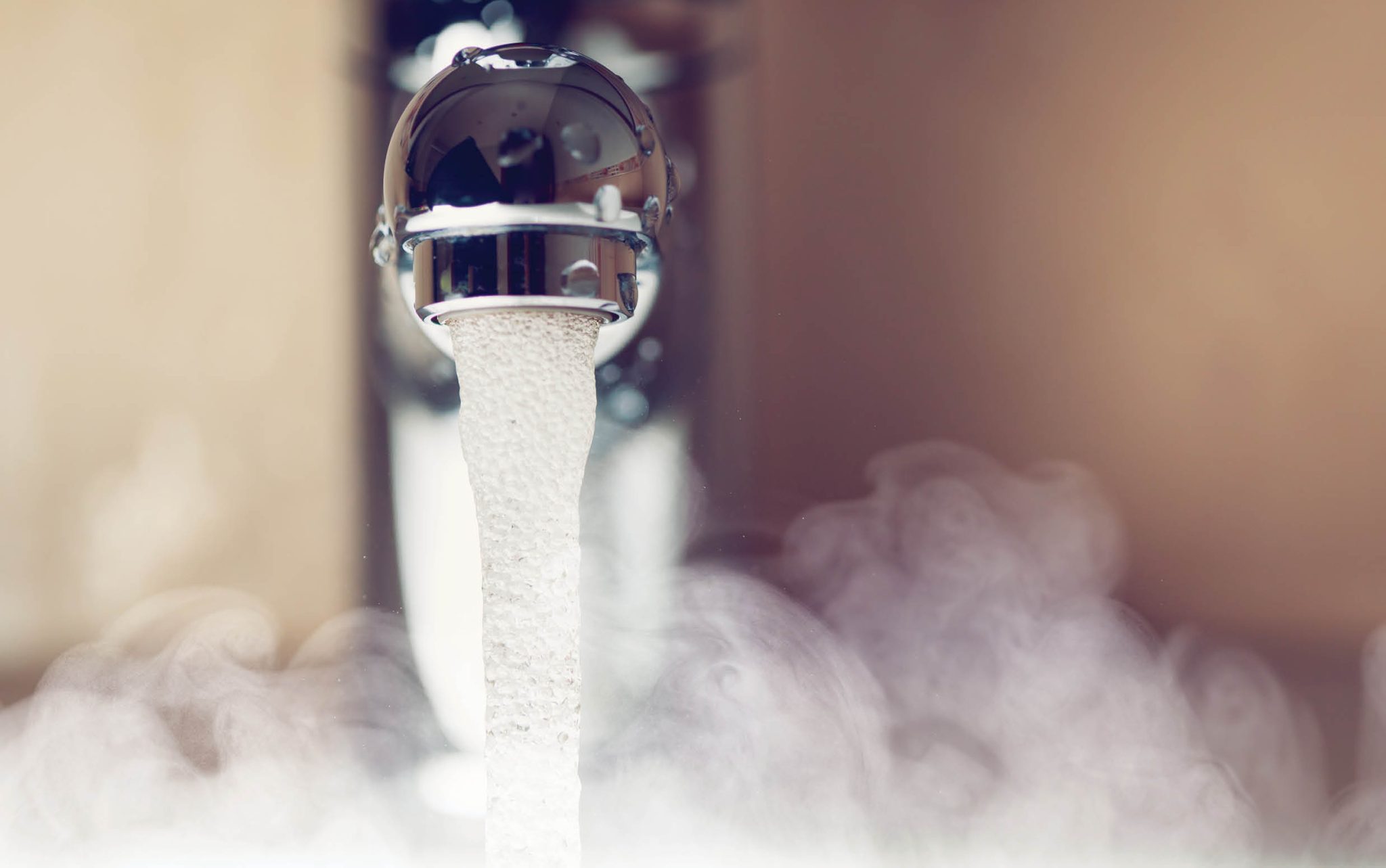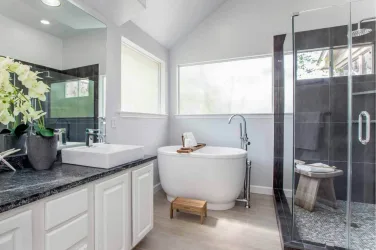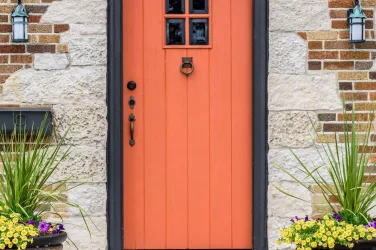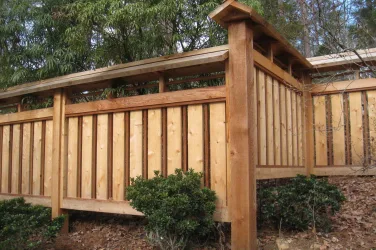 It’s easy to forget what a luxury a hot bath or shower is until the water coming out of the tap seems to have been piped in from Antarctica. With temperatures outside rapidly dropping to match, there’s no better time than now to make sure your hot water situation is squared away. The average hot water heater has a lifespan of somewhere between 10 and 15 years, so if it’s getting up there, it’s probably time to replace it. But if you’re just not sure how old it is, there are a few signs to look out for that might signal it’s about to give up the ghost.
It’s easy to forget what a luxury a hot bath or shower is until the water coming out of the tap seems to have been piped in from Antarctica. With temperatures outside rapidly dropping to match, there’s no better time than now to make sure your hot water situation is squared away. The average hot water heater has a lifespan of somewhere between 10 and 15 years, so if it’s getting up there, it’s probably time to replace it. But if you’re just not sure how old it is, there are a few signs to look out for that might signal it’s about to give up the ghost.
- The first and most obvious sign is clearly a lack of hot water. It might be as simple as an extinguished pilot light or tripped breaker. But more likely is that over time, mineral deposits have settled inside your tank, reducing the efficiency of the burner gradually. Water that heats less efficiently means a heater that runs more often and accomplishes less, leading to increased energy costs, less hot water, and rapid wear on the system—none of which are tolerable for all that long.
- You might also start to hear some noises ranging from rumbling to creaking to banging to popping. This is generally caused by that sediment being heated and cooling repeatedly, causing it to harden and fatigue the metal. This can mean that leaks aren’t far away.
- Speaking of leaks, these are a clear red flag that it’s time to get your hot water heater replaced. Uncontrolled water release can be one of the most catastrophic events when it comes to your home, and can damage flooring, electric systems, drywall, and the very foundation of your house. If there’s water dripping from valves and connections, or settling in your drain pan or around the heater, get a pro out stat. Squeezing another year or two out of the thing isn’t worth risking your home.
- Finally, you’ll want to keep an eye out for hot water that is sandy, muddy, or rusty in color. This is a telltale sign that you’ve got sediment build-up, which can lead to all the other good stuff we’ve just mentioned anyway.
What’s up with tankless water heating?
Popular in many European and Asian countries due to their smaller footprint, tankless water heaters heat water on demand as it passes through the unit. There are a variety of pros (no limit on hot water, no need for a bulky tank, a potential reduction in energy costs) and cons (more expensive unit cost and complex installation, lower potential output, special venting requirements). Tankless water heaters make sense for some people, while traditional water heaters are better for others. Be sure to ask a local pro what will work best for your own situation.
By Brandon Daiker
References: Angi.com, Wikipedia.org, HomeDepot.com, ConsumerReports.org, FamilyHandyman.com.









